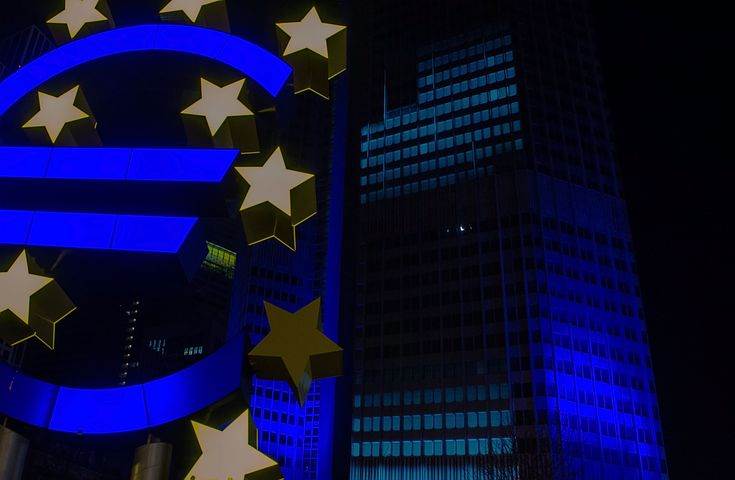 The economist and professor Philip Lane just began his term as the European Central Bank chief economist, with an important monetary policy meeting about to happen on Thursday, where he could (or not) revise the bank's forecasts.
The economist and professor Philip Lane just began his term as the European Central Bank chief economist, with an important monetary policy meeting about to happen on Thursday, where he could (or not) revise the bank's forecasts.
The Irish Economist, which is a generation younger than his predecessor, could bring a new era and a change of mentality to the European Central Bank.
Lane would have to deal with Europe's low inflation and would have to choose between continuing with an easing monetary policy or readjusting its strategy. On Thursday the bank is expected to make it clear if such changes are needed, just as is expected to deliver details of how it will price its next auctions.
The trade war, which is contributing to a general global slowdown, is among the main factors that would be pushing for a change of direction in the central bank. Until now, Mario Draghi (who is leaving his post in October) was dealing with Europe's economic issues through non-conventional policies, together with Lane's predecessor, Peter Praet.
Lane, who just left his post as the Governor of the Central Bank of Ireland, is now facing a 1.3 percent inflation rate, way behind the central bank's 2 percent target. Some analysts consider that it's possible that the ECB's inflation projections will continue diminishing since there are no clear signs in favor of a future increase, which would put in question the bank's strategy and may push for a change.
Europe's commitment to price stability may be playing against the possibility of a change since European laws ask the bank to either cut rates or restarting the quantitative easing policy. The bank's unwillingness to deal with an inflation rate over its target may end with Mario Draghi's successor since at least two of the candidates' favor the idea of a period where inflation is above the bank's target, just like the current Federal Reserve position.
